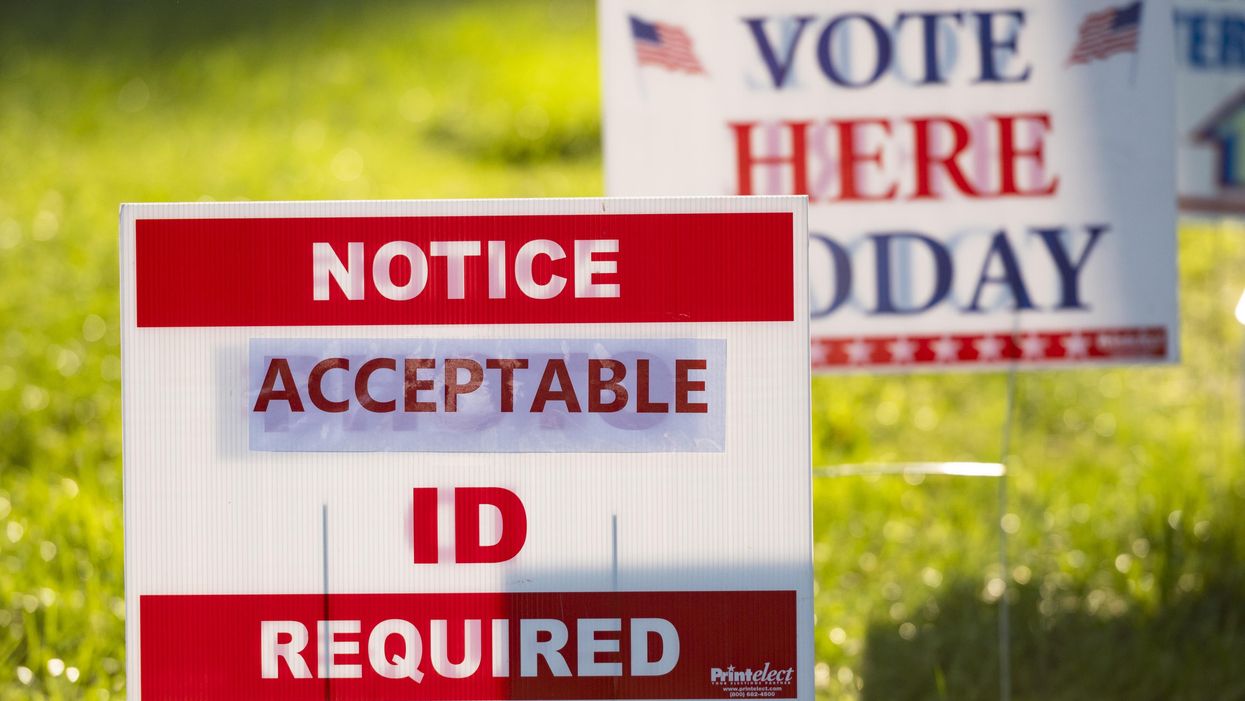A majority of Americans, regardless of political affiliation or race, agree that people should have to show photo identification when voting, recent polling found.
On this issue, state lawmakers are largely divided along party lines, with Republicans claiming voter ID laws help bolster election security and Democrats arguing the requirement is too restrictive. But a new survey, conducted by NPR, PBS NewsHour and Marist in late June, backs up other research showing there is actually broad public support for such measures.
Overall, the poll found that nearly eight in 10 Americans favor requiring government-issued photo ID to cast a ballot. This policy was most popular among Republicans (94 percent) and independents (83 percent), but a majority of Democrats (57 percent) also indicated support.
Voter ID laws were also found to be popular among both white people (78 percent) and people of color (81 percent).
Additionally, there was consensus that American democracy is in dire straits. Two-thirds of Americans said they felt democracy in the United States was "under threat," rather than "alive and well."
When asked what concerns them more, a majority chose "making sure that everyone who wants to vote can do so" (56 percent) rather than "making sure that no one votes who is not eligible" (41 percent).
But there was a stark difference in response when broken down by party. Democrats overwhelmingly said voter access was more important (85 percent), while Republicans focused on preventing ineligible votes (72 percent). Independents were almost evenly split on this question.
More than six in 10 people of color said voter access was more important, while only a slim majority of white people said the same.
The poll surveyed 1,115 adults across the country June 22-29. Interviews were conducted by phone and offered in both English and Spanish. The margin of error was 3.7 percentage points.




















